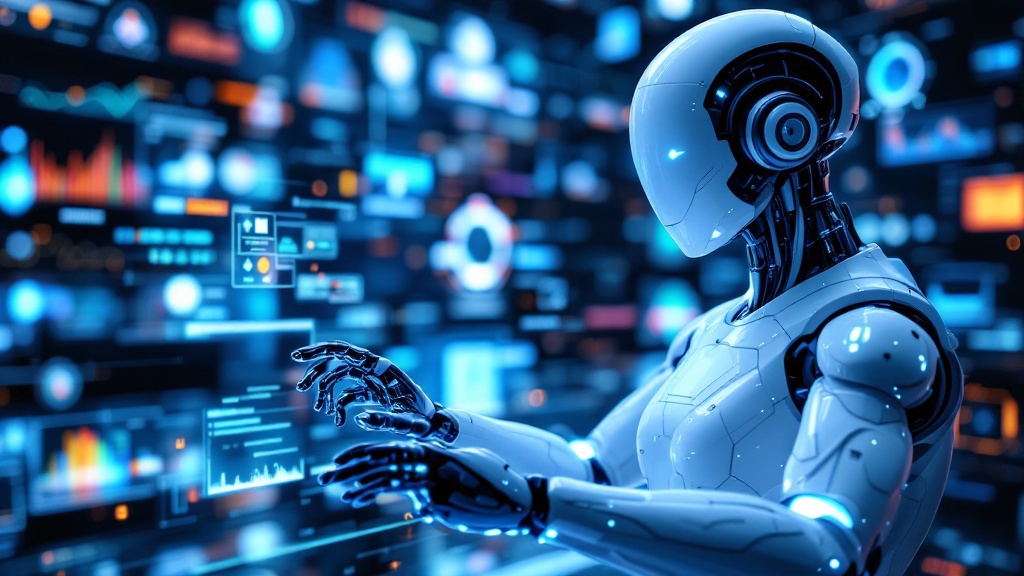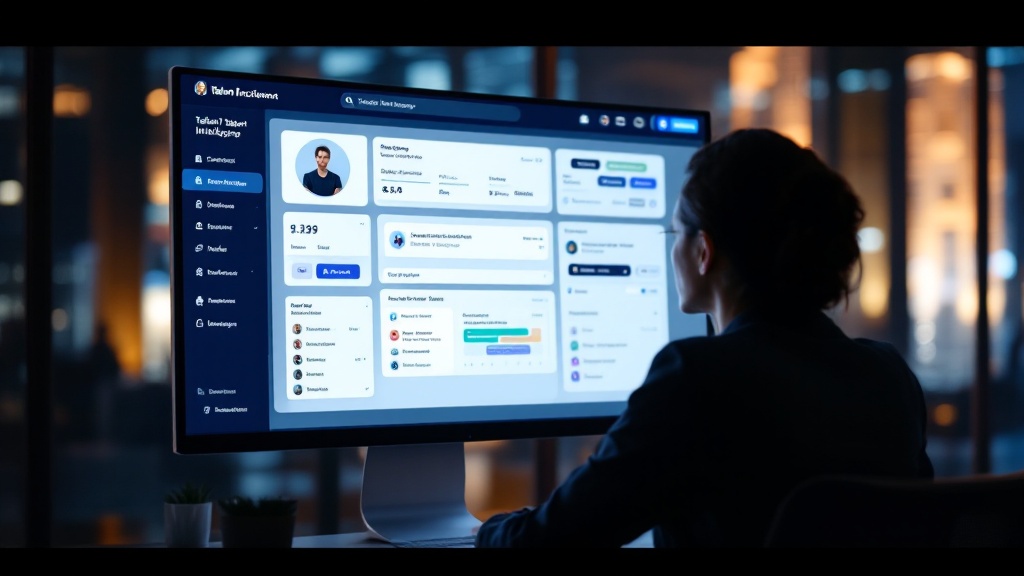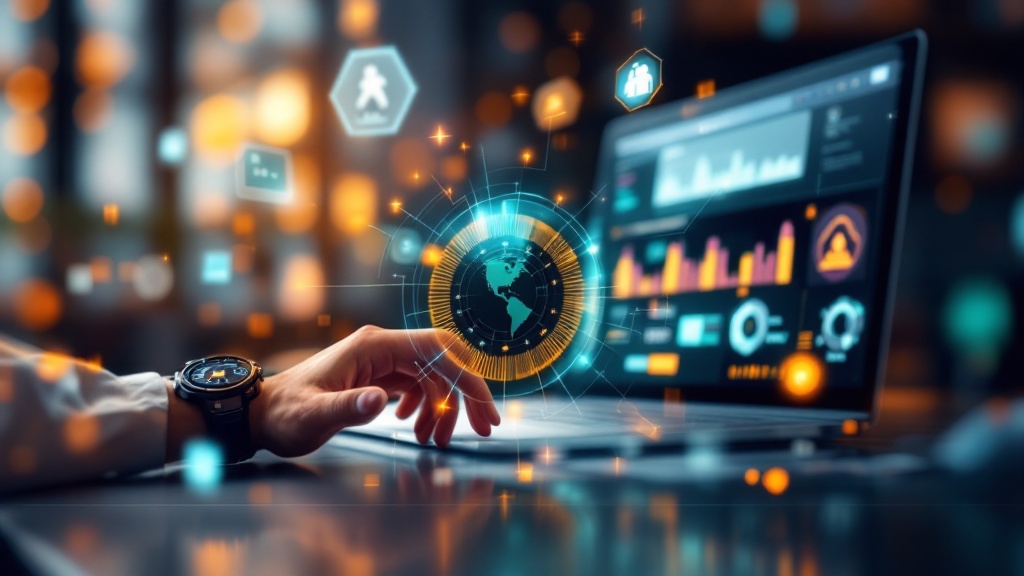Introduction
In 2025, a fascinating and transformative trend is reshaping the way we conceptualize and communicate software solutions: startups are actively rebranding AI-powered tools as “agents.” These AI agents are being promoted not merely as smart utilities or assistants, but as collaborative, semi-autonomous teammates capable of executing complex, multi-step tasks with an increasing level of contextual understanding, initiative, and adaptability. This evolution in language isn’t just a clever marketing tactic—it mirrors a broader shift in AI capability and reflects shifting user expectations around human-computer interaction.
By embracing the narrative of intelligent agents, startups position their products as more than just features—they’re presenting them as value-generating digital collaborators. These agents promise strategic contributions to workflows, often working independently and integrating seamlessly into daily operations. This dual cultural and technological shift is creating a new category of software—one that fuses utility, intelligence, and human-like collaboration.

The Rise of the AI Agent
The emergence of the term “AI agent” evokes notions of intelligence, autonomy, and proactive behavior. Unlike conventional tools that wait for commands, AI agents are designed to interpret intent, make contextually informed decisions, execute multiple actions, and interface with different platforms—all with minimal to no human intervention. This agent-based approach aligns with larger movements in tech: intelligent automation, continuous personalization, and hyper-efficient digital ecosystems.
Startups like Adept, Rewind, and independent creators on platforms like GEE-P-TEE are embracing this terminology shift to signal deeper capabilities. Rather than offering simple interfaces, they’re marketing digital teammates—adaptive systems that can understand, respond, and initiate action across workflows.
The transformation of AI tools into intelligent agents reflects concepts from GPT AI The Future of Conversational Tech, where AI becomes more interactive and adaptive.

Why Language Matters: The Psychology of “Agent” vs. “Tool”
Language shapes perception. Replacing the term “tool” with “agent” significantly alters how users think and feel about a product. A “tool” implies manual control, limited scope, and the need for constant supervision. An “agent,” on the other hand, suggests cognition, collaboration, initiative, and trust. This rebranding reframes expectations and deepens the emotional connection users have with the software.
The impact extends beyond marketing—it directly affects engagement and retention. Users are more likely to adopt and remain loyal to software that feels like a smart partner rather than a passive instrument. Many users now customize their agents’ names, personalities, and even working styles, forging a sense of ownership and trust. These emotional touchpoints lead to stronger customer relationships and brand affinity.
Startups leverage retrieval-augmented generation techniques detailed in What is Retrieval-Augmented Generation (RAG) Explained to enhance AI agent capabilities with up-to-date information.

The Technology Behind the Rebrand
To be credibly marketed as an “agent,” AI products must deliver on the promise of intelligence and autonomy. Thanks to breakthroughs in machine learning—particularly in large language models, neural reasoning, decision trees, and multimodal AI—developers can now build agents that:
- Understand layered, nuanced instructions
- Automate end-to-end workflows spanning multiple apps and platforms
- Learn and adapt to individual user preferences over time
- Make proactive, context-aware decisions based on changing conditions
What was once an AI content assistant has evolved into a full-fledged “Content Strategy Agent”—capable of market research, writing, brand adaptation, performance monitoring, and publication. The technological leap fueling these capabilities is driving a redefinition of what software can be, thereby validating the “agent” nomenclature.
The rise of personalized AI agents is closely linked to ideas discussed in The Rise of Personalized AI How Custom GPTs Are Shaping Industries, enabling tailored user experiences.

Rebranding in Action: Case Studies
Several startups have already embraced this agent-centered identity. For example, a recruiting platform that once offered a resume filter now markets itself as a “Talent Intelligence Agent”—a smart recruiter that not only screens applicants but also evaluates cultural fit, handles outreach, and schedules interviews autonomously.
In marketing tech, companies are evolving from basic scheduling apps to comprehensive “Engagement Agents” that test subject lines, adjust send times based on user behavior, and continuously optimize outreach strategies. In finance, startups promote “Portfolio Monitoring Agents” that adapt investment suggestions in real time.
These naming shifts elevate a product’s perceived sophistication, justify premium pricing, and resonate with a growing customer desire for intelligent solutions that reduce mental load and automate complexity.
AI-powered chatbots acting as agents are revolutionizing customer support, as highlighted in AI-Powered Chatbots Are Revolutionizing Customer Support.

GEE-P-TEE and the Agent-Driven Landscape
GEE-P-TEE has positioned itself at the forefront of this AI agent revolution by providing accessible, no-code development platforms that enable anyone—from solopreneurs to scaling startups—to build tailored AI agents. By supporting industry-specific customization, GEE-P-TEE allows users to deploy specialized agents in sectors such as healthcare, law, education, retail, and finance.
These agents go beyond macro-level automation; they exhibit contextual awareness, make informed decisions, and extend the professional identity of the businesses that use them. For instance, a legal firm can use GEE-P-TEE to develop a “Case Preparation Agent” capable of organizing documents, summarizing legal findings, and prepping court briefs. In retail, an “Inventory Intelligence Agent” may forecast demand and auto-adjust supply chains.
This democratization of agent development empowers non-technical users to participate in cutting-edge AI innovation without hiring large technical teams. The science behind AI text generation helps startups build more natural and efficient AI agents, explained in The Science of AI-Powered Text Generation.

Conclusion
The rebranding of AI tools as intelligent agents marks a pivotal moment in software development, human-computer interaction, and the evolution of digital work. It signifies more than a shift in terminology—it reflects a redefinition of roles, capabilities, and relationships between people and technology.
In 2025 and beyond, this agent-first model represents a new frontier where software becomes a thinking partner rather than a reactive interface. As AI becomes increasingly integrated into day-to-day tasks, startups and users alike will benefit from systems that understand, adapt, and deliver with minimal friction. Intelligent agents will no longer be novelties—they’ll be necessities, transforming not just how we work, but what we expect from the tools we use every day.

Leave a Reply